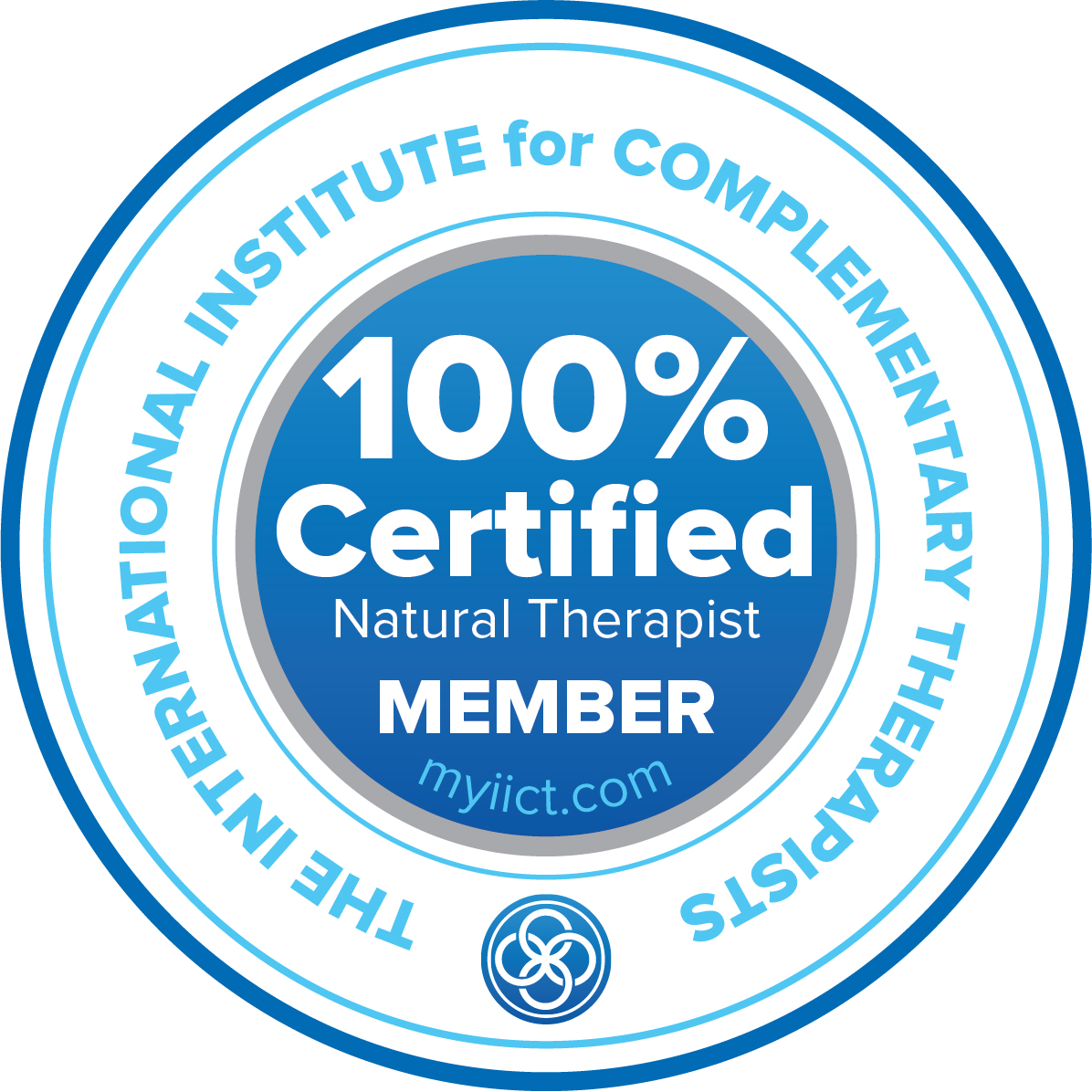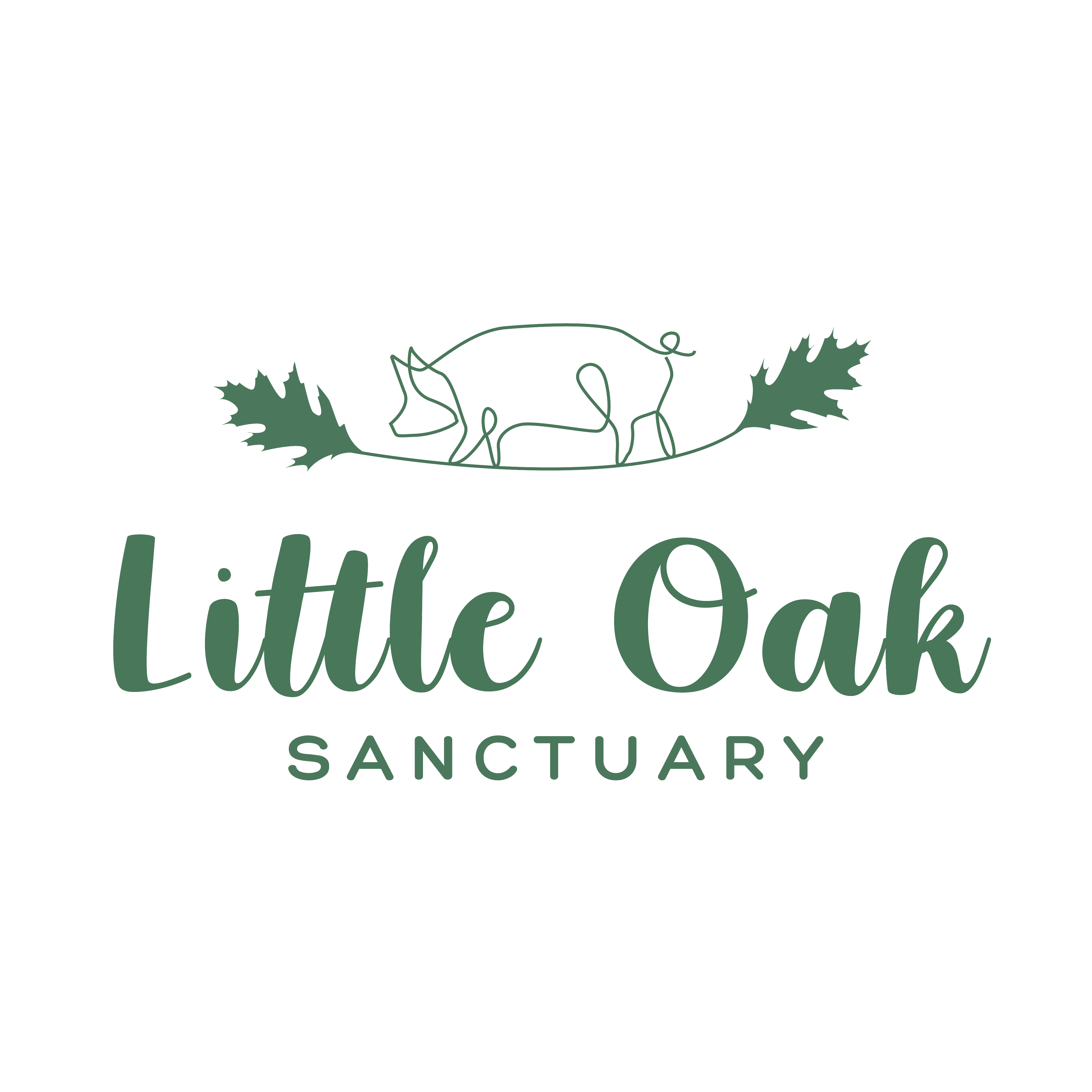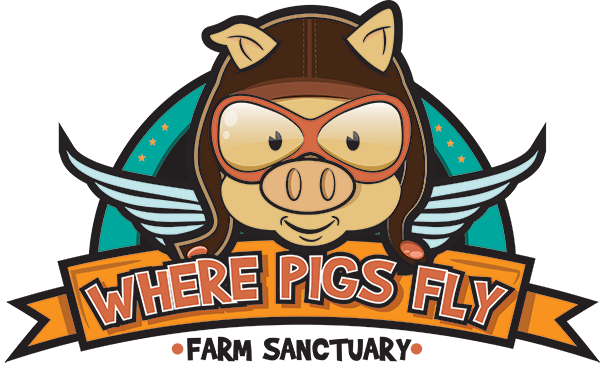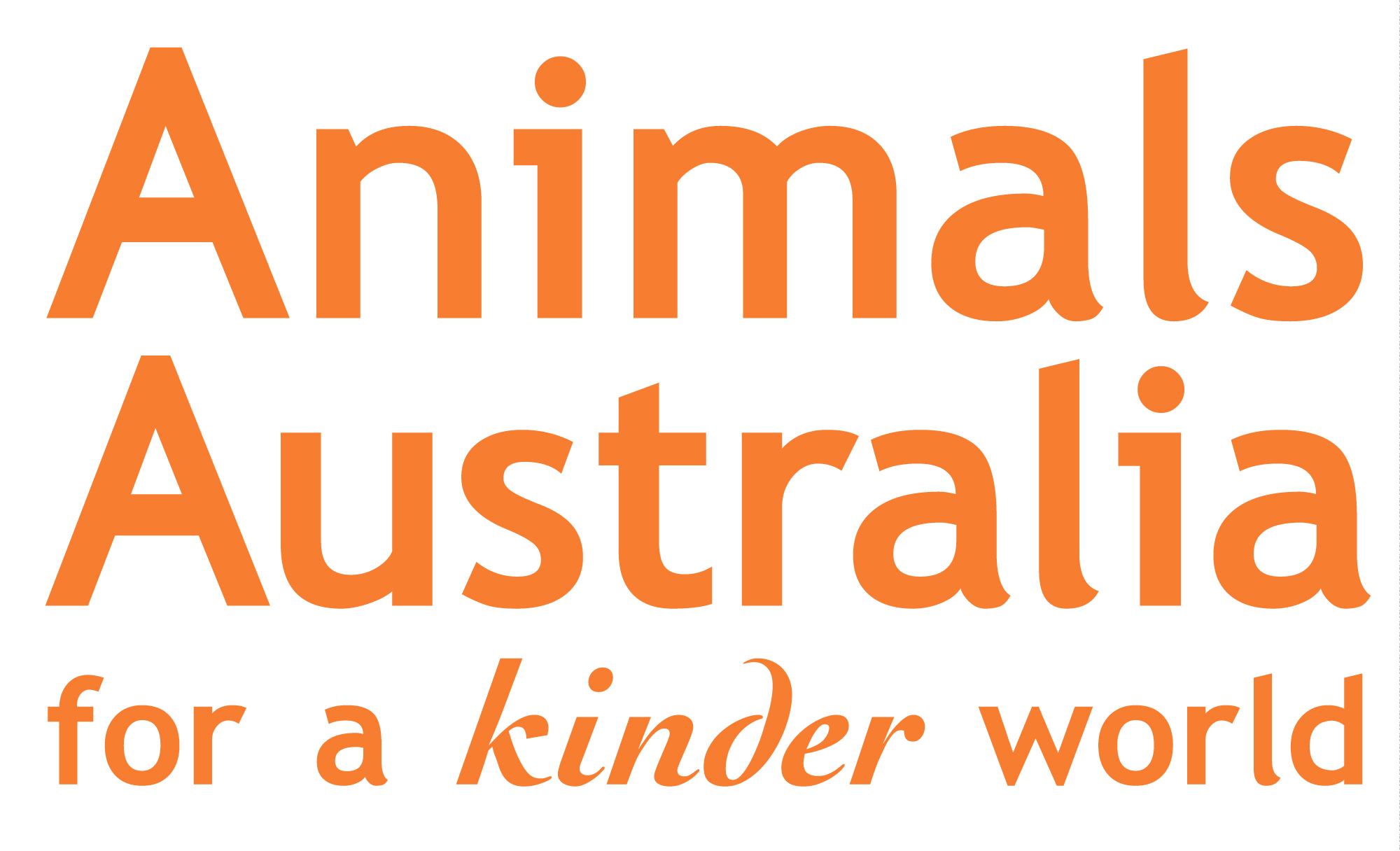For my latest articles and special offers, subscribe to Jess Ang's Intuitive Updates here.
One Question
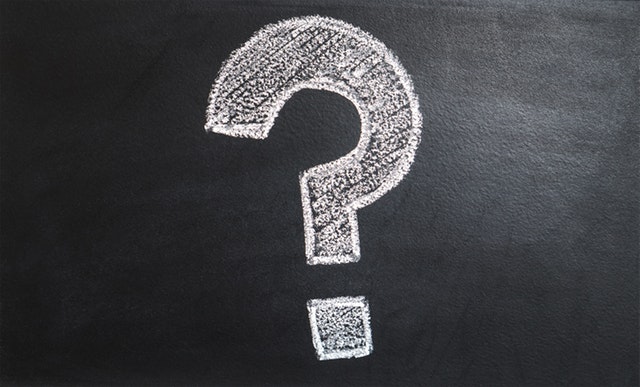
July 2016
One Question for Decision Making
I attended a seminar once where the facilitator spoke on the topic of choosing one clear or powerful question, and how consistently asking such a question can affect your whole life. He said that the question he asks whenever he is faced with a task is, 'Is there someone else who can do this better than I can?' Needless to say, he was a master at delegating! He was also satisfied with this question because he felt that it made his life simpler, happier, and focussed only on those things he truly enjoyed doing, while the tasks he didn't like could be completed by others.
Of course we ask different questions at different times, but it's been said that we each have a primary question – one we ask most of the time across various contexts in life, sometimes automatically and sometimes more consciously.
For example, someone who is risk averse might always ask, 'What's the safest option?' Or if fun is a priority, a person may base their choices on the question, 'What can I do next that would be most enjoyable for me?' If you are passionate about a particular cause or a goal, you may be continually asking, 'Will this help me move closer or away from this cause/goal?'
Some people actually have a physical reminder of their primary question. I remember a girl at high school who wore a bracelet with the letters 'WWJD' on it. I asked her what it meant and she said that whenever she looked at it, it reminded her to consider, 'What would Jesus do?' For a non-Christian, a similar question might work well such as 'What would my higher self do?' or 'What would [insert-name-of-someone-who-inspires-you-and-who-you-want-to-be-like] do?'
Last week I was told of a teacher who kept her class rules to a minimum and encouraged students to use one simple principle to base their actions on: 'Act how you would like to be treated'. So when following this advice, students would be consistently asking themselves, 'is this how I'd like to be treated?'
I never used to think too much about the power of asking the right questions, but it does make sense that we need to ask the right question to get the right answer. If people ask, ‘Why am I so depressed?’, it will lead to all the reasons for why they should be depressed, and examples to show that their life is not so good. But if the question was changed to something like, ‘What am I excited about in my life right now?’ or ‘How can I cope better with this situation?’, your brain will come up with things to be excited about or strategies you can use to better deal with a particular situation.
Intuitive Decision Making
I've experimented with different questions and gone through phases of asking ‘Will this make me happy?’ or 'Am I doing my best?' Sometimes this works well, but the problem is that we don't always know in advance what will make us happy or what it means to do our best. We might move to a place we think we'll be happy in, and then find it's too noisy for our liking, or that the neighbours are crazy. And how do we know when we are at our best? On any particular day, is it our best to strive towards our goals, or would our best be to rest properly so that we are more efficient later on? Another question I've tried is, 'What's the next concrete action I need to take?'. This works in some contexts (especially work-related ones) but not others.
From what I've been told by several people, it seems that a lot of us make better decisions, and make them more quickly, when we base them on intuition. I've mentioned in previous updates that when I trust my intuition rather than rely on logic, it seems to result in better outcomes. At those times, I realise I was automatically asking in every situation, 'What am I being guided to do right now? What is my intuition telling me?'
Sometimes though, our own intuition isn't very clear – especially during challenging times when we are not in the best state, and when we probably need it the most. Even when life goes smoothly, it's not always guaranteed that our intuition will be loud and clear enough to act on with a high level of confidence.
Many people – myself included – often find it easier to use their intuitive ability to help others gain clarity, but not always to gain clarity about their own lives. It's like being able to see other people's faces with little effort, but to know what our own face looks like requires another person to describe it for us, or outer tools such as a mirror or camera.
After getting a hunch we might question it. Or if what feels like an intuitive message comes through, it may be dismissed as fearful or wishful thinking. Or after having a vision, we may ask if it came about through clairvoyance or if it's just our mind getting creative and making images up.
When things like this happen, my ideal question for decision making doesn't work so well. I may ask, 'What is my intuition telling me?', but the answer becomes 'I don't know'.
Questions for Clarity
I received an email earlier this year with the suggestion to ask the following question whenever we need to make a choice: 'Does this make me feel heavy or light?' I liked that idea as I realised it's a simple way to get in touch with our body and feelings about something, which can help to bypass logic and get in touch with our intuitive knowing.
It reminded me of a previous reading I had where the reader sensed certain things but saw how I needed to feel the truth of what she was saying for myself. For each choice, she asked if it made me feel contracted or expansive. Once I did this, it made sense to go with the option that made my energy expansive and open, rather than closed and contracted – which also happened to be consistent with what the reader believed would be best for me.
Remembering this, I realise that my primary question can still be 'What does my intuition say?', but if the answer is not clear, I can ask a couple of follow-up questions to help me get in touch with my intuition: 'Does this make me feel heavy or light? Does this lead my energy to open or close?'
If you're already aware of the primary question you ask yourself, see if it's working well for you and consider consciously changing it if it's not. And if you would like to base your choices on your intuition but don't trust that it's always clear enough for you, try using the questions: ‘Does this make me feel heavy or light? Open or closed?'
Click here to receive new articles by email
<-- Previous article Next article -->
